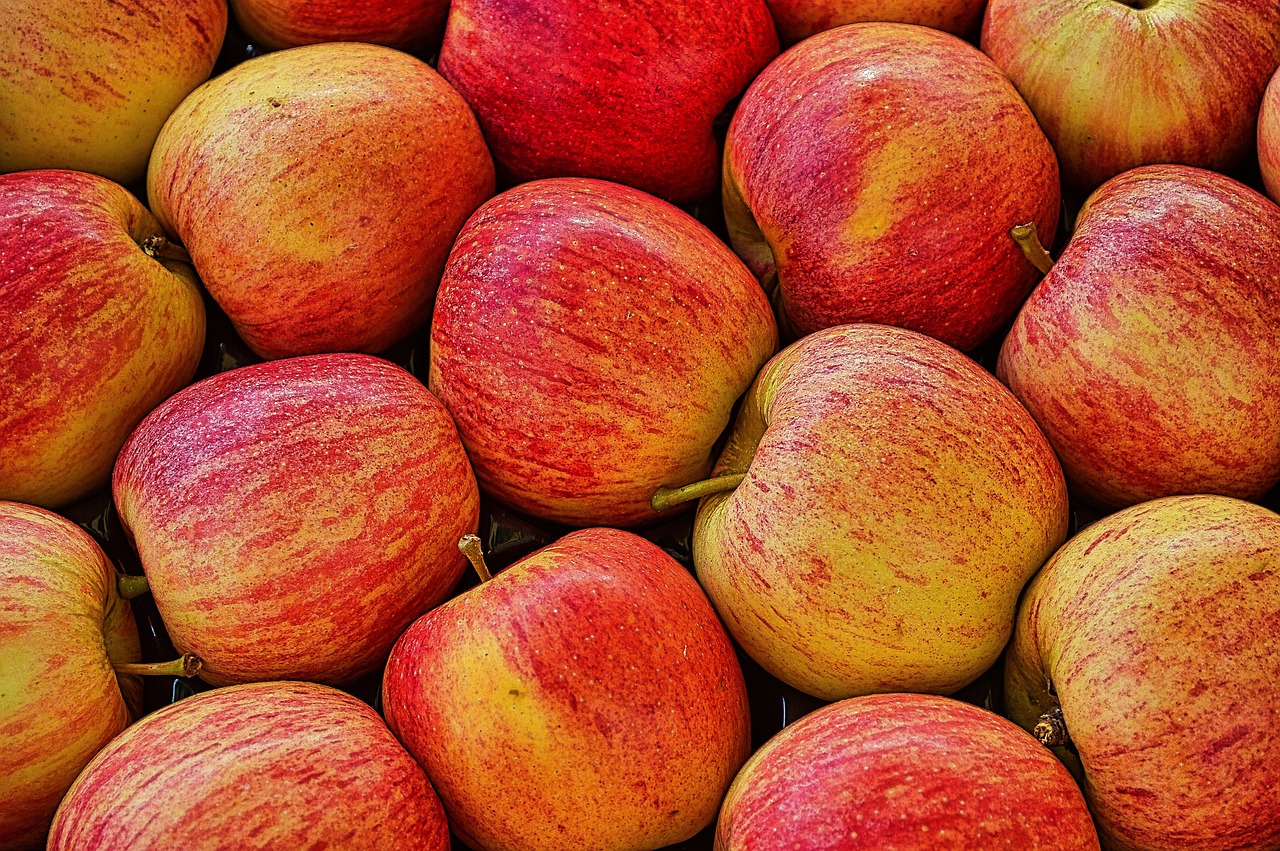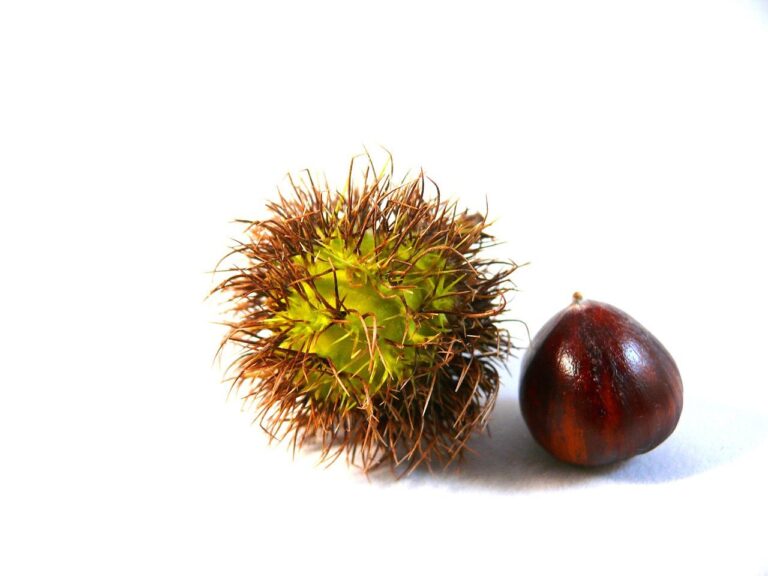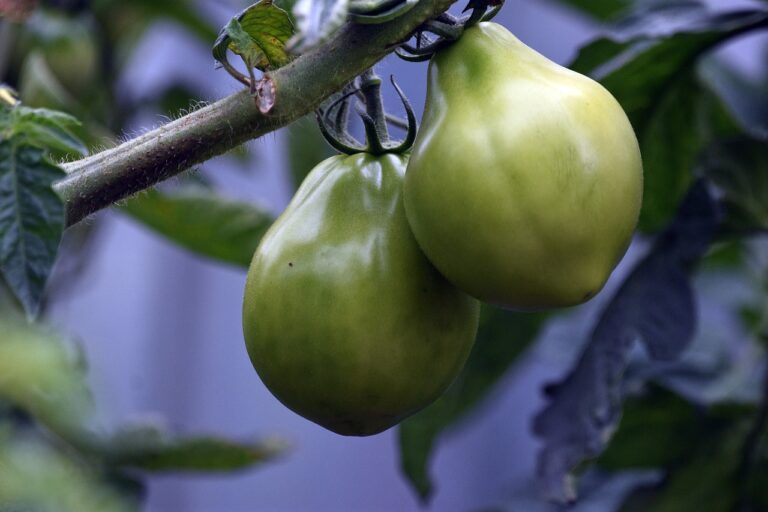The Impact of Artificial Intelligence on Food Industry Trends
In recent years, artificial intelligence (AI) has made a significant impact on various industries, revolutionizing the way businesses operate and interact with consumers. The food industry is no exception, as AI technologies continue to drive innovation and shape trends in the way food is produced, distributed, and consumed. In this article, we will explore the far-reaching effects of AI on the food industry and examine the latest trends that are reshaping the future of food.
Enhanced Food Production Efficiency
One of the most significant impacts of AI on the food industry is the enhancement of food production efficiency. AI-powered technologies have enabled food producers to streamline and optimize their production processes, leading to increased productivity and reduced costs. For example, AI algorithms can analyze vast amounts of data to optimize crop yields, predict consumer demand, and improve supply chain logistics.
Personalized Food Experiences
AI has also revolutionized the way food is personalized and tailored to individual preferences. From personalized nutrition plans to customized meal recommendations, AI-powered algorithms are enabling food companies to create unique and personalized food experiences for consumers. By leveraging data analytics and machine learning, food companies can better understand consumer behavior and deliver targeted food products and services.
Improved Food Safety and Quality Control
Food safety and quality control are essential aspects of the food industry that can significantly impact consumer trust and loyalty. AI technologies have been instrumental in improving food safety and quality control processes by enabling real-time monitoring and analysis of food products. AI-powered systems can detect contaminants, pathogens, and spoilage in food products, helping to ensure the safety and quality of the food supply chain.
Enhanced Customer Engagement and Marketing
AI technologies have transformed the way food companies engage with consumers and market their products. By leveraging AI-powered chatbots, personalized recommendations, and targeted advertising campaigns, food companies can effectively reach and engage with consumers on a more personalized level. AI algorithms can analyze consumer data to identify trends and preferences, allowing food companies to tailor their marketing strategies to target specific demographics and drive consumer engagement.
Automation of Cooking and Food Preparation
Automation is another key trend in the food industry that has been significantly influenced by AI technologies. AI-powered robots and machines are now capable of automating various aspects of cooking and food preparation, such as slicing, dicing, and mixing ingredients. This automation not only improves efficiency and consistency in food production but also reduces labor costs and enhances food safety practices.
Supply Chain Optimization
AI technologies have also played a crucial role in optimizing supply chain operations in the food industry. By analyzing supply chain data in real-time, AI algorithms can identify inefficiencies, predict demand fluctuations, and optimize inventory management. This real-time visibility into supply chain operations allows food companies to reduce costs, minimize waste, and enhance overall operational efficiency.
FAQs
1. How does AI improve food production efficiency?
AI-powered technologies analyze data to optimize crop yields, predict consumer demand, and improve supply chain logistics, leading to increased productivity and reduced costs.
2. How does AI personalize food experiences?
AI algorithms enable food companies to create unique and personalized food experiences by analyzing consumer behavior and preferences to deliver targeted food products and services.
3. How does AI enhance food safety and quality control?
AI technologies monitor and analyze food products in real-time, detecting contaminants, pathogens, and spoilage to ensure the safety and quality of the food supply chain.
4. How does AI automate cooking and food preparation?
AI-powered robots and machines can automate various aspects of cooking and food preparation, improving efficiency, consistency, and food safety practices.
In conclusion, the impact of artificial intelligence on the food industry is profound and far-reaching, influencing various aspects of food production, distribution, and consumption. From enhanced food production efficiency to personalized food experiences, AI technologies continue to drive innovation and shape trends in the way food is produced and consumed. As the food industry evolves, it is clear that AI will play an increasingly pivotal role in shaping its future.







